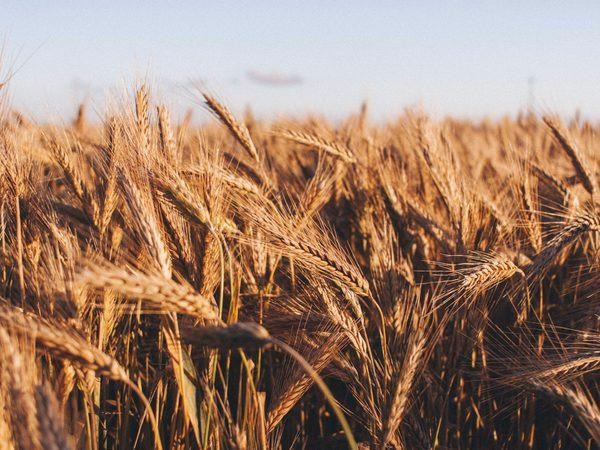Jun 14 2021
Changes in weather patterns caused by climate change will not only lead to increased extreme heat but will also result in decreased rainfall across major crop-growing areas. These factors will have an impact on agricultural production. Will this cause a decline in the supply of calories required to sustain the world's growing population?

Image Credit: Ca’ Foscari University of Venice.
As per a new study published in the Journal of Environmental Economics and Management, climate change can impact global calorie supplies, making them continuously or even increasingly vulnerable.
Climate change can reduce global crop yields by as much as 10% by the middle of the century and by 25% by the end of this century, under a strong warming scenario, if farmers do not adapt better than how they did in the past.
A group of researchers from Ca’ Foscari University of Venice, Boston University, and the Euro-Mediterranean Center on Climate Change (CMCC) have come together to assess this issue. They combined their statistical models trained on previous data with predictions of upcoming rainfall and temperatures from 21 high-resolution Global Climate Models (GCMs) simulations to forecast possible changes in crop yields caused due to changing weather patterns.
Globally, farmers’ capacity to adapt, even over longer periods, might be limited. Even in the United States, the world’s agricultural technology frontier, farmers have been able to only slightly compensate for the adverse impacts of extreme heat on yields of maize and soybeans over time frames of decades.
Ian Sue Wing, Study Lead Author and Professor, Boston University
Professor Enrica De Cian from the Ca’ Foscari University of Venice and a researcher at CMCC, added, “We asked ourselves: If difficulties to adapt are observed in the US, what can we then expect for food producers in the tropics, where 40% of the world’s population lives and high temperature extremes are projected to rise more than in the major calorie crop-growing regions of the US?”
The new study offers a better understanding of this question. The researchers analyzed the global vulnerability of crops, such as wheat, maize, rice and soybean that account for up to 75% of global calorie intake, to future changes in rainfall and temperature patterns caused by climate change.
Long-run Adaptation is Necessary
We used statistical models trained on large global gridded datasets of historical crop yields, temperature, and rainfall, to separate changes in yield responses to heat and moisture exposure over their crop-specific growing seasons into two types of adaptation. On one hand, farmers’ short-run response to unanticipated weather shocks, and, on the other hand, long-run adjustments over decades.
Malcolm Mistry, Postdoc, Ca’ Foscari University of Venice
Although farmers have restricted options to adapt to weather changes in a short span — for instance, by altering the amount of irrigation water or fertilizer used on their crop — over long time-frames, they could potentially undertake significant adaptation by changing the crop varieties, implementing new farming technology, altering planting and harvesting dates and investing more in different agricultural machinery.
Theoretically, long-turn adjustments could compensate for the impacts of crop yields caused by adverse weather conditions.
However, the question posed by the new study is: did farmers truly meet that potential?
Surprisingly, at the global scale and in most world regions, the answer is no. Our results showed that adverse impacts of extreme hot or dry days on the productivity of the crops from which we derive food calories persisted over decades, in line with the earlier findings for the US. Even worse, these negative long-run effects were sometimes larger than the impacts on yield that occurred due to transitory weather shocks.
Enrica De Cian. Professor, Ca' Foscari University of Venice
“The implication is that global calorie supplies are subject to continuing or even increasing vulnerability to climate change Now, we plan to build on these findings to investigate how irrigation investments and shifting cultivation over space can help offset the impacts of adverse climatic changes,” concluded Professor Ian Sue Wing.
Journal Reference:
Wing, I. S. et al. (2021) Global vulnerability of crop yields to climate change. Journal of Environmental Economics and Management. doi.org/10.1016/j.jeem.2021.102462.